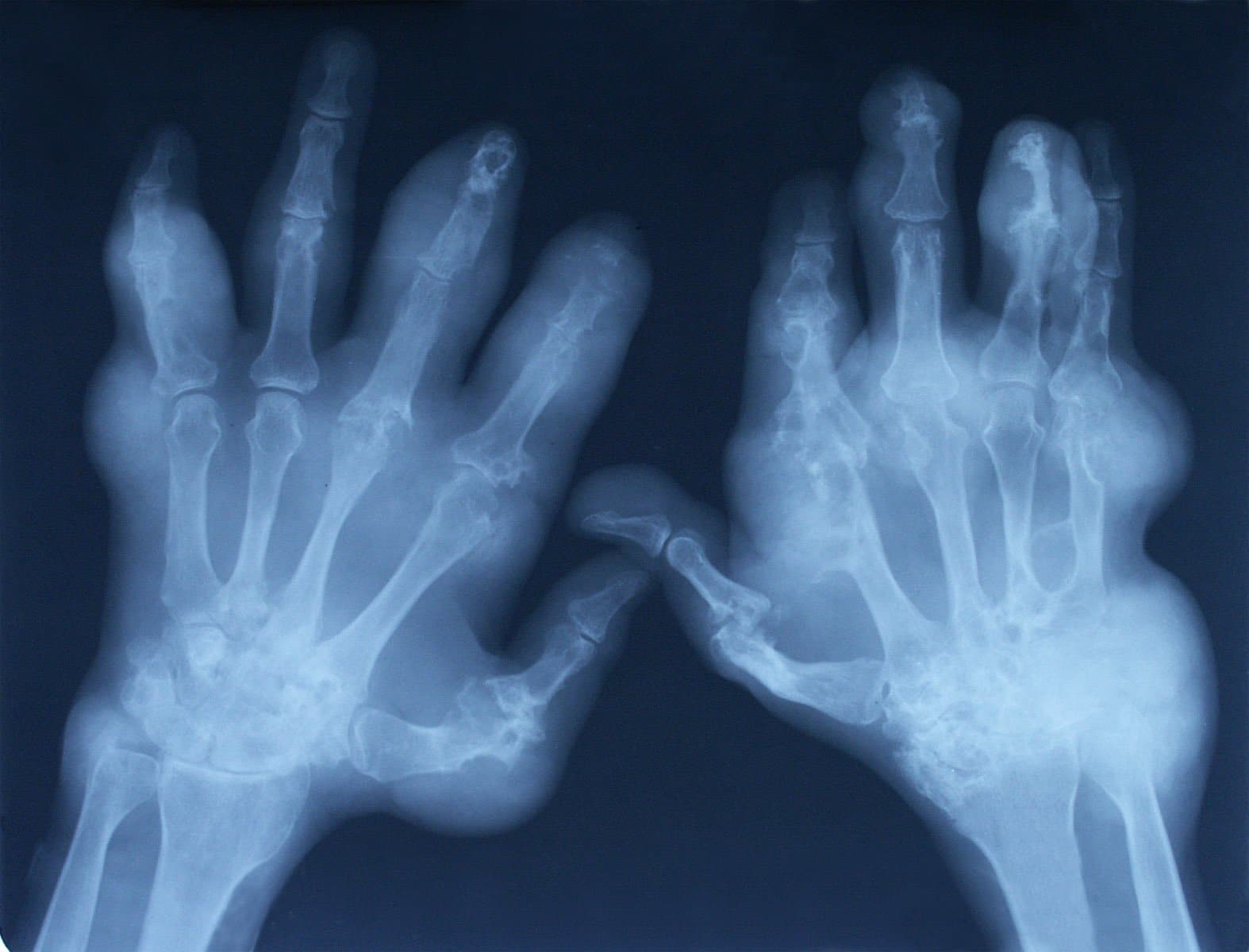Bone Loss : Signs, Symptoms and Prevention

Bone loss can also be known as Osteopenia. As we age, our bones start to weaken and we start to experience bone loss. Although this is a natural part of the ageing process, there are things you can do to strengthen your bones and improve bone density.
Below we’ll go into the signs and symptoms of bone loss (osteopenia). We’ll also go over natural tips and tricks for improving your bone health.
Signs and Symptoms of Bone Loss:
One of the major signs that we see in people with weak bones is a propensity for bone breaks. While this is the number one major event to look out for, there are many other smaller signs that could signal the start of bone loss.
- Weakened Grip Strength. In a recent study of postmenopausal women, grip strength was the most important physical test factor related to overall bone mineral density. Fortunately, improving handgrip strength and overall muscle strength is achievable, no matter what your age. For more information on increasing muscle strength, read further down in this article for exercise tips.
- Weak and brittle fingernails. Unhealthy fingernails tends to be one of the biggest indicators of weakened, brittle bones. Recent science suggests that nail and bone health are highly connected. You can look at your nail health as a litmus test of your overall bone health. If you have weak nails, it most likely means that you have weak bones.
- Receding gums. Receding gums are common and can be attributed to a number of factors, with bone loss among them. Our teeth are connected to the jaw bone and if the jaw is losing bone, your gums can recede. In studies of women, jaw bone loss has also been associated with decreased bone mineral density. The standard panoramic x-rays during your visits to the dentist can provide a well-informed dentist with an opportunity to screen you for bone loss. So ask your dentist to share any information and insight he or she may glean from your exam and x-rays regarding your bone health.
- Height loss. Losing height is very common as we age. There are many different factors with this, including poor posture. Poor posture may not mean you have bone loss, but it can indicate weakening of the stabilizing muscles around your spine, and since bone and muscle work in one unit and typically gain and lose strength in synchrony, it’s likely that a loss in muscle is connected to an eventual loss in bone.
How to Maintain Bone Health:
Below are some tips and tricks for maintaining your bone health.
- Exercise Regularly. The best thing you can do to increase your bone density is to exercise regularly. Keep in mind, that if you don’t regularly exercise, you’ll have to work into exercise. If you do too much, too fast, then you can end up hurting yourself. Doing weight-bearing exercises (i.e. lifting weights) tend to give you the most benefit when it comes to bone health (source).
- Eat Healthy Foods. This one is also a no-brainer. Eat healthy foods. Processed foods are not healthy for your body and can lead to bone loss (especially sugary drinks!). Make sure to eat a healthy balanced diet. Make sure to include plenty of vitamins and minerals; including Vitamin D, Magnesium, Calcium, and Vitamin K2.
- Supplement With Needed Nutrients. If you can’t get all of the nutrients that your body needs, don’t’ be afraid to supplement them. Most important, make sure to get enough Vitamin K2. If supplementing with K2, make sure to get a MK-7 form of Vitamin K, it has the highest absorption and gives you the most bang for your buck.
- Stay Active. A key to a healthy, long life is to stay active. This is different than simply exercising, try and design a lifestyle for yourself that keeps you constantly moving and active. Pick up a new sport. Go for a walk. Take the stairs instead of the elevator. All of these little things will add to your longevity and will increase your overall health and wellness.
In Closing:
How you treat your body ultimately determines the health of your bones. So take care of yourself, watch for signs of bone loss; but above all else, live a healthy, active lifestyle. This is your best defense against bone loss.
AUTHOR BIO:
David Brett is a personal trainer and coach. He writes about health, fitness, and wellness on his website www.brettsfitnesstips.com

Nice post and nice read very interesting and informative i really like it thanks for share.